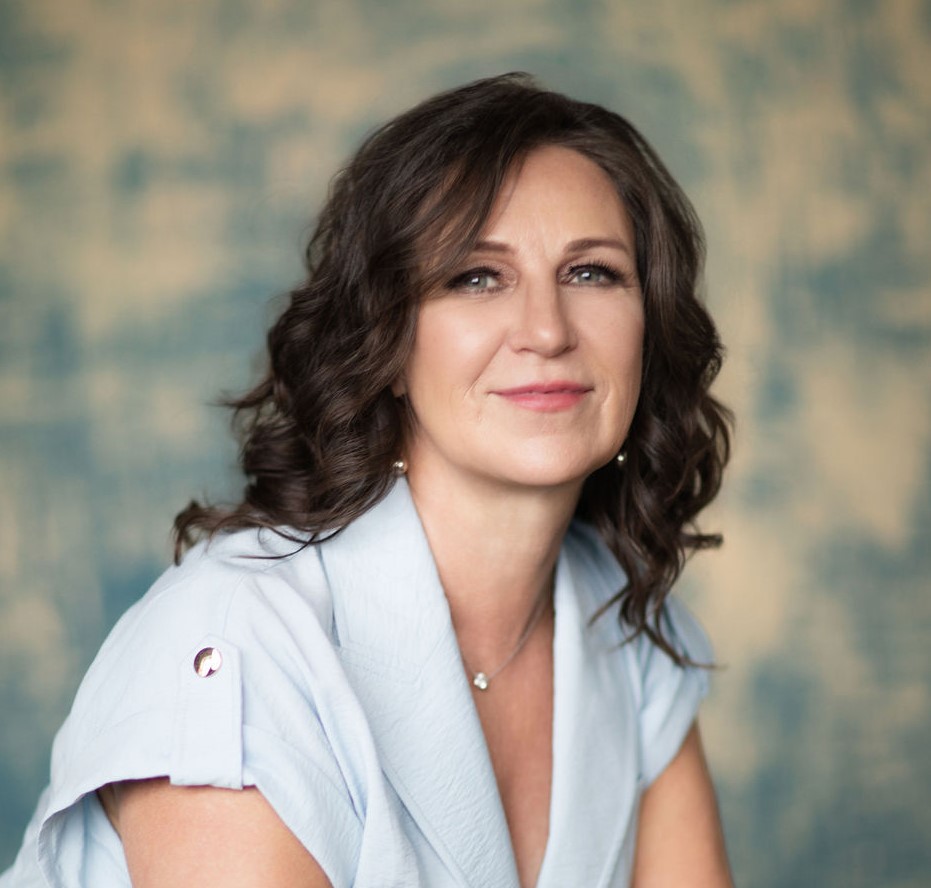I'm cleaning my office today, trying to get rid of as much paper as possible. I found a piece of paper in that purging I'll always keep and want to share its story with you. It's not just any story; it has shaped my mission, the work we do here, and thriving after my divorce. …
I’m cleaning my office today, trying to get rid of as much paper as possible. I found a piece of paper in that purging I’ll always keep and want to share its story with you. It’s not just any story; it has shaped my mission, the work we do here, and thriving after my divorce.

Picture This
It was several years back when my divorce was finalized. I was in a tough spot financially, as many folks are when they go through a divorce. It’s a time of uncertainty, both emotionally and economically. I was starting a new career at fifty. I found myself juggling bills, trying to maintain some semblance of stability, and caring too much about keeping up the pretense that things were okay. Frankly, things were tough. The stress was overwhelming.
Women are likely to experience a 30% decline in their standard of living after a divorce. Men often see an increase of 10%. (Source: Financial Mistakes Women Make During The Divorce Process) Some studies site the decline for women even higher.
My divorce cost way too much money. It took too long. And it took a heavy toll on my family. During and for a long while after, I felt like I was slogging through quicksand.
Life shifted radically, and my standard of living took a nosedive post-divorce. Also common. We were solid financially while married. And then I wasn’t. Married or solid financially. I was strapped all the time. So much so that things like visiting my parents a few states away, which used to be a regular occurrence, became a luxury I didn’t feel I could afford.
That’s when my dad, in his unwavering support and love, sent me a check. For $1,111.11. He did things like that. Writing it for a funny amount instead of something even. I think it amused him. He knew I was struggling, and that check was a lifeline, a symbol that someone had my back during one of the most challenging periods of my life. I took that check and held onto it like it was a treasure.
But here’s the twist: I never cashed it.
You might be wondering, “Brenda, why didn’t you cash it? You needed the money, right?” And you’re absolutely right—I did. But that check became more than just a piece of paper with a dollar amount. It symbolized hope, resilience, and the belief that things weren’t as bad as they seemed. Nothing was as horrible as it felt as long as I didn’t cash that check.
There were moments during my “divorce recovery” when things did get pretty dire. In March 2020, I was getting on my feet. It had taken a few years since Dad sent me that check, but I finally felt on solid ground. I worked primarily as a financial advisor back then and switched to a new broker-dealer, making 100% commission. And, as we know, in March 2020, the world shut down. No new clients, no income. Zero.
I didn’t qualify for any of the aid offered by the government because of that switch; I had to raid my savings to get by. When I sold my house during the first summer of the pandemic, I found myself staring at a checking account balance with just a measly $1,000 left. But I still didn’t cash that check. It was a reminder that even in the darkest moments, there was a glimmer of light. A lifeline I could hold onto, a symbol of better days ahead.
If I didn’t cash the check, things were alright. Right?
So why am I sharing this anecdote with you? It’s not to make you feel sorry for me. A few years later, my story has a happy ending (well, not the end; let’s make it a happy middle). It’s to highlight a fact. I know countless people out there find themselves in similar situations post-divorce, struggling with finances, overwhelmed by the weight of mistakes and misguidance that can happen during the process. And sometimes after.
There was a huge financial mistake in my divorce that cost me tens of thousands of dollars in legal fees to remedy. Yep, that was happening in 2020 as well, but that’s a story for another day.
A recent study published by the National Institute for Health in “Gray Divorce,” defined as those divorcing after age 50, showed women experienced a 45% decline in their standard of living after divorce.

It doesn’t have to be that way.
So many mistakes can be avoided. You can arm yourself with knowledge, avoid common mistakes, and take control of your financial future during and after divorce.
My mission now is to help people avoid the pitfalls, find the right path, and emerge from divorce not just financially stable but empowered to create the life they deserve.
The key is to get good support, be informed, learn from those who have been there, and take charge of your narrative. It’s possible, and it starts with knowing that there’s support and guidance available to you.
So, if you’re going through a divorce or know someone who is, remember this story.
Remember that there’s a way to avoid the struggles I faced. Get a team together to help you through this.
Reach out, ask questions, and ensure you are as solid and supported as needed during and after divorce. Divorce Coaches and CDFAs (Certified Divorce Financial Analysts®) are devoted to helping you move on to a better life beyond divorce.
You’ve got this, my friend, and we’re here to help you every step of the way.


Brenda Bridges
Mediator, MAT, RICP®, CDFA®, CDC®








